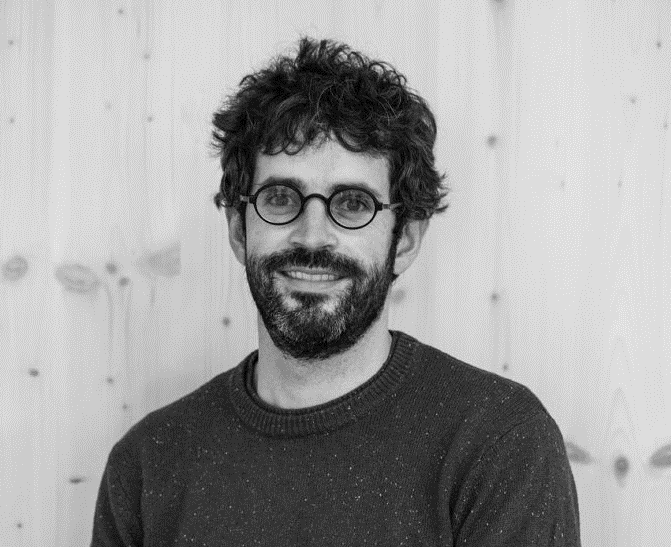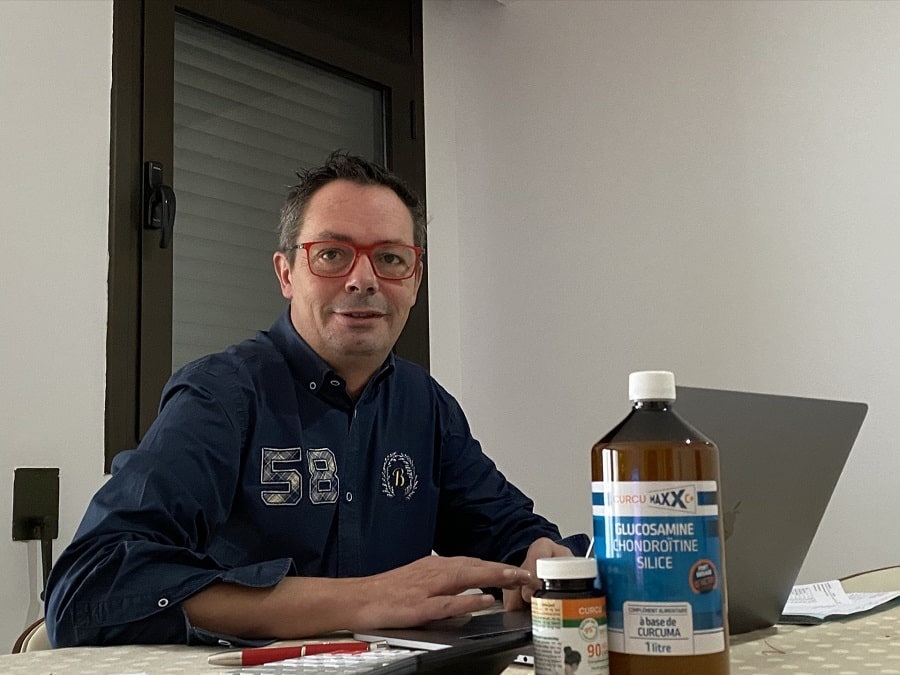Sarah Lewis has been involved with skiing on both a competitive and administrative level for over 30 years. She was a member of the British Alpine Ski Team from 1982-1988 and competed in the 1987 FIS Alpine World Ski Championships and 1988 Olympic Winter Games, as well as many FIS competitions including the World Cup and Continental Cups.
Sarah began working for FIS in 1994 and for four years served as co-ordinator for the Continental Cups covering the series in Europe, North America, the Far East, South America, Australia and New Zealand. She became FIS Director in 1998, before being appointed as Secretary General by the FIS Council at its meeting in Melbourne in 2000.
She currently serves as the Secretary General of the Association of International Winter Sports Federations (AIOWF) and is a member of the JOC Olympic Programme Commission, Beijing and Lausanne 2020 Youth Olympic Games IOC Coordination Commissions. At the 2008 Olympic Games in Beijing (CHN) she chaired the World Anti-Doping Agency Independent Observers.
Sarah was appointed Officer of the Order of the British Empire (OBE) for her services to sport by Her Majesty The Queen in the New Year Honours List for 2018.
During the AUDI FIS World Cup Finals in Andorra, Sarah was very kind to talk to all-andorra.com about the Audi FIS Alpine Ski World Cup Finals in Andorra, the country’s excellent hospitality, the developments in alpine skiing and the best athletes in the world of alpine skiing.
Interview : Irina Rybalchenko
What can you say about the level of organization of the event in Andorra?
Beyond outstanding. Really excellent organization. There has been a huge engagement from the whole country. We have the feeling that the whole population of the country is supporting the World Cup Finals and everyone is asking “Can we help?”. All the different stakeholders from the FIS competition management, most importantly the athletes and their teams, officials from the national associations, the service personnel, the ski companies, the media and broadcasters are more than extremely satisfied.
The competition slopes are the most important in terms of ensuring the technical level of the Audi FIS Alpine Ski World Cup competition season is at the highest possible level possible and this has been complimented on by everybody: by all of the athletes and by the FIS competition management. The local organizing committee technical team and resort management have worked very hard since the very beginning of the season to make sure that the course has been set up to be in the best possible shape in mid-March to cope with whatever weather conditions prevail. We can only say absolutely positive things. Big compliments on the organization!
Compared with other countries, what would you say?
Every organization is unique with its own personality. Skiing is a global sport and the Audi FIS Alpine Ski World Cup reflects this. The various nations and regions have different cultures and even working methods which are very much encouraged. Consequently, direct comparisons are difficult to make.
There is, of course, a certain standard of technical organization, logistics and facilities which are standard throughout all of the events. And I can repeat that at the halfway point of the World Cup Finals we
are more than happy with the level of the organization here and particularly with the superb collaboration.
You know about the ski disciplines from the inside. What could you tell us about the developments in alpine skiing?
We are delighted that the sport is becoming more and more global. The number of FIS member national ski associations today stands at 131 which makes FIS the largest of the 7 international winter sports federations on the programme of the Olympic Winter Games.
From a geographic perspective, the FIS’s member National Ski Associations represent all five continents and we are working hard to develop the sport, also in connection with the Olympic Winter Games as well. In 2022 the games will be organized in Beijing, China for the first time which is already opening up a new part of the world to engage more actively in winter sports.
Additionally snow sports activities contribute to the health of the population. It’s much better to get outside in the winter and take part in skiing and snow sports than staying at home and playing a computer game.
Snow sports are fun, healthy for the whole family from beginner level onwards and also have the excitement of a competitive sport.
Regarding technical things, have skiing competitions become more complicated or are they the same as many years ago?
I think it’s like everything in life to a certain extent. Society progresses, technology has progressed and in many aspects, it’s a lot easier to do things now than 50 years ago. On the other side, with all the opportunities that have opened up technology becomes more and more complex. This is reflected in most sports, including skiing; the developments mean progress but it does not reduce the complexity, certainly.
Who do you consider to be some of the best skiers in the history of international sports? Can you please name some of the most prominent names?
There are many great champions from different generations which represent different eras. For example, the first global superstar was probably Toni Sailer from Austria in the 1950’s, then in the late 1980s and 1990s and still the current record-holder for the number of World Cup victories, Ingemar Stenmark from Sweden, who achieved this accolade only participating in slalom and giant slalom. Afterwards we have seen the charismatic Alberto Tomba from Italy who had great star appeal and only a few weeks ago the most successful female skier, Lindsey Vonn of the USA retired with just four World Cup victories less than Stenmark. The current great champions Mikaela Shiffrin, USA has just claimed her third overall World Cup title alongside the Olympic and World Championship medals at 24 years old, whilst Marcel Hirscher from Austria is an undisputed king with eight consecutive overall Audi FIS Alpine Ski World Cup titles.
How do you see the future of FIS and its role in the promotion of skiing?
We believe there is an extremely bright future regarding skiing and snow sports development, but there is a great deal of work ahead and we must work very hard. Winter sports are becoming more global with engagement from governments who see both the tourism opportunities utilizing their beautiful mountains, snow and great recreation opportunities, as well as healthy activities for the population. The ski resorts are very keen to organize high-level competitions to promote tourism opportunities. This collaboration between competition and tourism is a great benefit for the development of snow sports.
You were awarded an Order of the British Empire. How did you feel about that?
For me, the biggest privilege is working in sport as such, is to have the tremendous opportunity to be involved in such an interesting, challenging, fascinating and progressive community. The personal recognition is a tribute to many people who have contributed on my pathway, from my family enabling me to participate in sport as a youngster to colleagues in the past and present who contribute to the success of FIS, skiing and snowsports which have earned me this prestigious recognition by Her Majesty the Queen.











